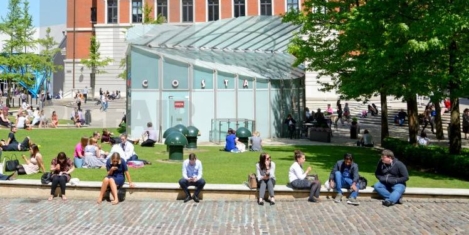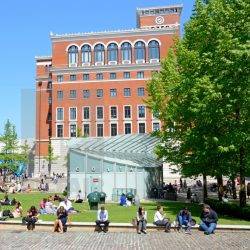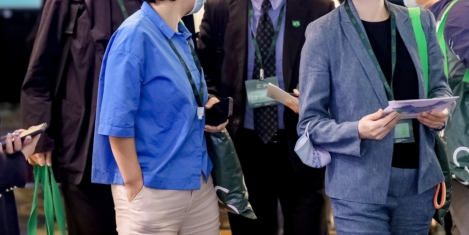To provide the best experiences, we use technologies like cookies to store and/or access device information. Consenting to these technologies will allow us to process data such as browsing behaviour or unique IDs on this site. Not consenting or withdrawing consent, may adversely affect certain features and functions.
The technical storage or access is strictly necessary for the legitimate purpose of enabling the use of a specific service explicitly requested by the subscriber or user, or for the sole purpose of carrying out the transmission of a communication over an electronic communications network.
The technical storage or access is necessary for the legitimate purpose of storing preferences that are not requested by the subscriber or user.
The technical storage or access that is used exclusively for statistical purposes.
The technical storage or access that is used exclusively for anonymous statistical purposes. Without a subpoena, voluntary compliance on the part of your Internet Service Provider, or additional records from a third party, information stored or retrieved for this purpose alone cannot usually be used to identify you.
The technical storage or access is required to create user profiles to send advertising, or to track the user on a website or across several websites for similar marketing purposes.
 In the lead-up to the UN’s COP28 climate conference, the world’s largest CEO-led community committed to accelerating the net-zero transition is calling on businesses and governments to further slash global carbon emissions to meet the Paris Climate Agreement goals. According to a report by the Alliance of CEO Climate Leaders, in collaboration with the Boston Consulting Group (BCG), emissions must be cut back by 7 percent each year from now until 2030 to limit global warming to 1.5°C, as agreed in Paris in 2015. (more…)
In the lead-up to the UN’s COP28 climate conference, the world’s largest CEO-led community committed to accelerating the net-zero transition is calling on businesses and governments to further slash global carbon emissions to meet the Paris Climate Agreement goals. According to a report by the Alliance of CEO Climate Leaders, in collaboration with the Boston Consulting Group (BCG), emissions must be cut back by 7 percent each year from now until 2030 to limit global warming to 1.5°C, as agreed in Paris in 2015. (more…)







 For European real estate owners and investors already on a journey to net-zero-carbon through retrofitting, upfront spending has the potential for long-term rent and capital-value accumulation, according to a new report from Colliers.
For European real estate owners and investors already on a journey to net-zero-carbon through retrofitting, upfront spending has the potential for long-term rent and capital-value accumulation, according to a new report from Colliers. 























October 16, 2023
London Real Estate Forum makes the right noises, but will be judged on action
by Helen Parton • Comment, Events, Property